At present, it is difficult to assess the real level of interest of Ms. Kamala Harris in Southeast Asia in general and Vietnam in particular.
Photo: Bloomberg
Harris’ foreign policy framework has been relatively vague so far, not only in Southeast Asia and the Asia-Pacific, but even globally. This can be explained by the fact that Harris is expected to continue the Biden administration’s foreign policy focus on strengthening relations with allies and partners in the region and countering China’s influence in the region.
However, compared to Mr Trump, Ms Harris’s approach will be more focused on promoting security cooperation – especially with the Philippines, America’s closest ally in the region. However, Ms Harris’s continued strong support for the Philippines could complicate the situation.
Vice President Kamala Harris is considered a novice in diplomacy and has spent time under Biden learning the ropes. Over the past three years, Harris has been in regular contact with Southeast Asian leaders, making five trips to the region, including to Vietnam, Singapore, the Philippines, and Indonesia. She has met with Philippine President Ferdinand Marcos Jr. six times and has visited the Philippines, including the state of Palawan.
While Harris has tried to portray these trips as a reflection of her priorities for the region, it could prove to be a low-key assignment for the vice president, as some observers have pointed out about her participation in the 2023 ASEAN Summit in Jakarta. In addition, Harris is simply representing the Biden administration’s policy agenda, so it is difficult to gauge Harris’s true interest in Southeast Asia.
This also raises the question of whether Harris’ Southeast Asia policy team is capable of managing US policy in the region, which is not her top priority. Perhaps the answer lies in whether Harris can retain key personnel such as Deputy Secretary of State Kurt Campbell, who has played a key role in the Biden administration’s Asia strategy. She has appointed US Ambassador to ASEAN Yohannes Abraham to her presidential transition team. Abraham brings valuable experience in the region, but the appointment, which forced him to leave Jakarta, also shows that the ASEAN ambassadorship is no longer considered a high priority in the US. The position has been vacant for nearly five years, until Abraham takes office in 2022.
In the economic and trade arena, although Kamala Harris has previously opposed trade agreements such as the United States-Mexico-Canada Agreement (UCMAS) and the Trans-Pacific Partnership (TPP), she is likely to continue President Joe Biden's approach of expanding trade relations with the region.
That means that on initiatives like the Indo- Pacific Economic Framework (IPEF), while Harris will likely commit to maintaining the trade and development pillars of the US-ASEAN relationship, she could also demand stricter environmental standards and labor protections. Given that the IPEF is often seen as weak and lacking real benefits for Southeast Asian countries, these demands will make negotiations more difficult.
Harris’s political views, which appear to be more progressive than Trump’s or even Biden’s, have led some analysts to question whether her administration would step up its push for Western values in Southeast Asia. They also ask, if she did, what kind of barriers would this place in America’s relations with countries in the region? If Harris wants to replicate Biden’s successes in the Asia-Pacific, she is unlikely to let her own values get in the way of establishing partnerships with Southeast Asian countries.
By contrast, Harris’s more tolerant stance on the Israel-Hamas conflict, evidenced by her public criticism of the Netanyahu government in Israel, could help improve America’s image in Muslim countries like Indonesia and Malaysia. The Biden administration’s strong support for Israel’s war with Hamas has had a significant impact on how people in these countries view the United States.
So while US allies would welcome the prospect of a continuation of the Biden administration’s policies, most Southeast Asian countries appear to be in limbo if Harris wins. Countries in Southeast Asia, including Vietnam, will be waiting to see where Southeast Asia falls on Kamala Harris’s priority list.
Economic impact on Vietnam
While some observers believe that Harris will take a more friendly and open approach to Southeast Asia in many ways, like Trump, the biggest impact of her victory on Vietnam will be in the economic and trade areas. A major advantage that Vietnam has gained from its autonomous and multilateral foreign policy is that the Biden administration has made continuous efforts to strengthen bilateral relations with Vietnam.
Under Ms. Harris’ leadership, the US can continue to promote cooperation and investment programs in Vietnam, creating favorable conditions for businesses of both countries. Strengthening cooperation in areas such as renewable energy, high technology and digital transformation will help Vietnam improve its competitiveness and deeply integrate into the global value chain.
If Ms. Harris continues to maintain the tough trade policies with China as under President Biden, Vietnam will continue to benefit from US businesses choosing Vietnam as a safe manufacturing location, thanks to its stable investment environment and abundant labor force.
The upgrading of diplomatic relations under President Biden has had a positive effect on FDI flows from the US to Vietnam, reaching about 626 million USD, an increase compared to previous years. Without facing the risk of being subject to the 10-20% tariff that Mr. Trump once pledged to apply to all imported goods into the US, American businesses will have more motivation and confidence to continue investing in Vietnam under Ms. Harris.
However, it is important to remember that the Biden administration has implemented protectionist policies to bring manufacturing, especially high-tech, back to the US. A typical example is the CHIPS Act with incentives for the semiconductor industry. Both Mr. Trump and Mr. Biden's protectionist policies have received strong support from American voters, especially the working class. If Ms. Harris wins, she will have many reasons to maintain these policies, because protecting jobs and domestic production is a key factor in the strategy to promote a self-reliant US economy and reduce dependence on foreign countries. This is an important point that Vietnam needs to take note of, regardless of whether Mr. Trump or Ms. Harris wins.
Vietnamnet.vn
Source: https://vietnamnet.vn/neu-ba-kamala-harris-thang-cu-se-anh-huong-the-nao-toi-dong-nam-a-2339074.html


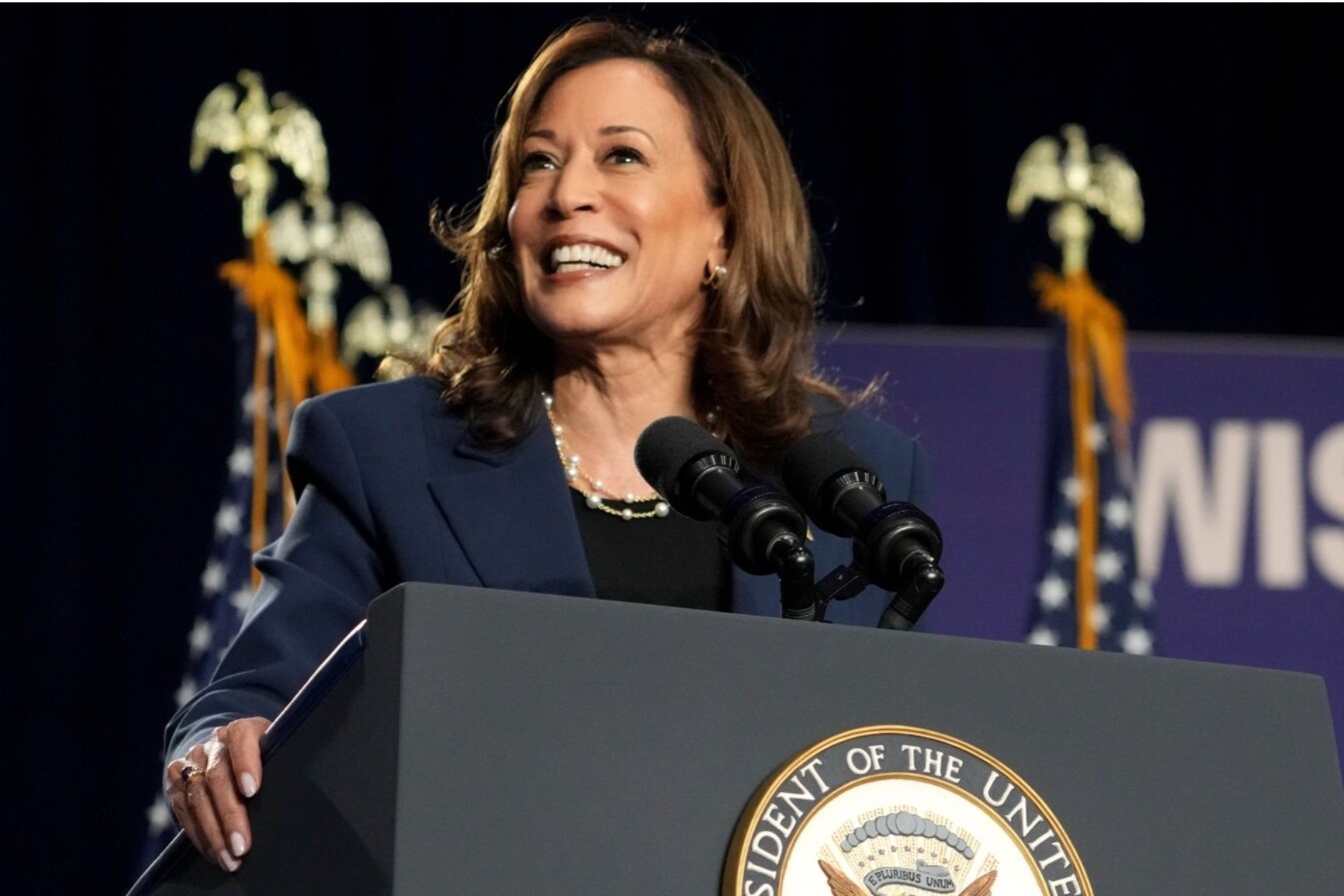






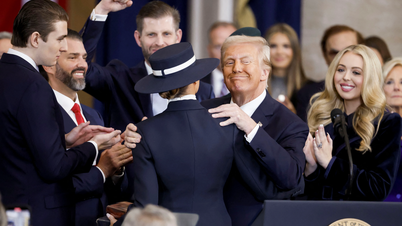

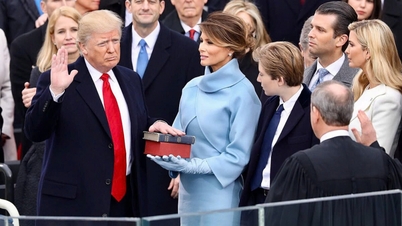



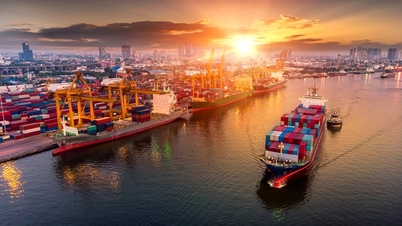

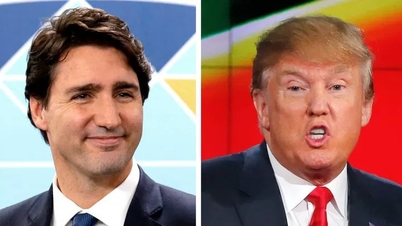




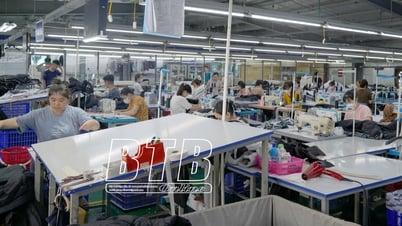
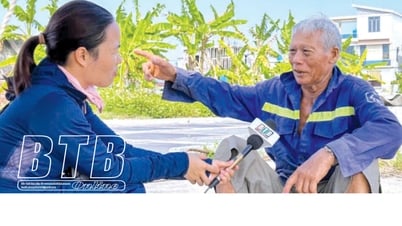

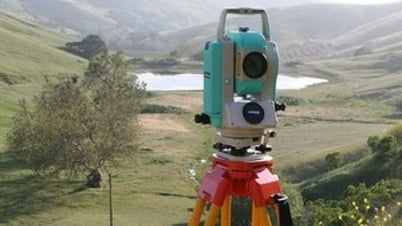































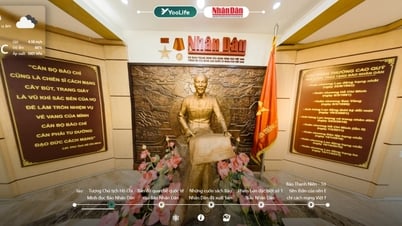

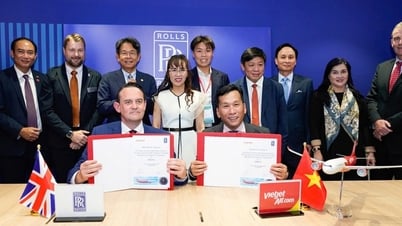

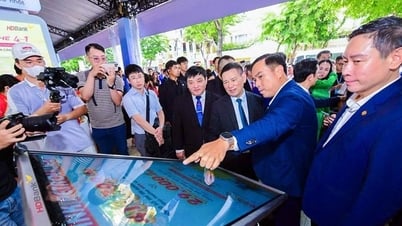

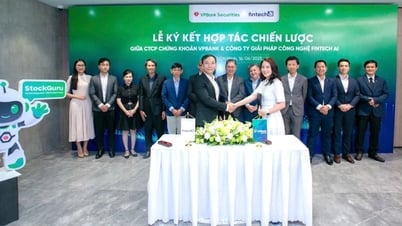
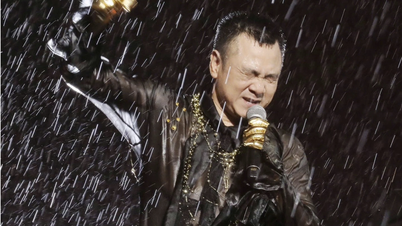
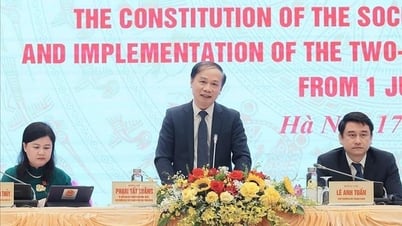





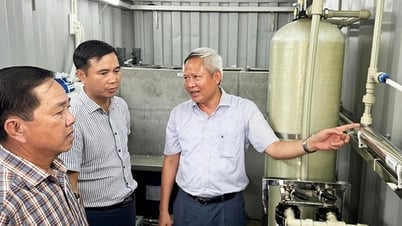

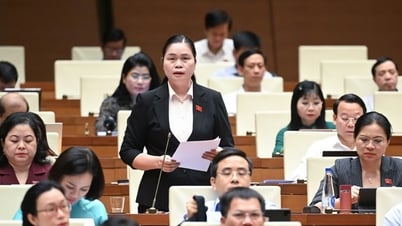


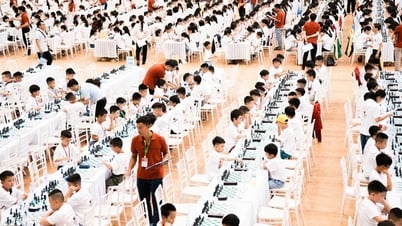
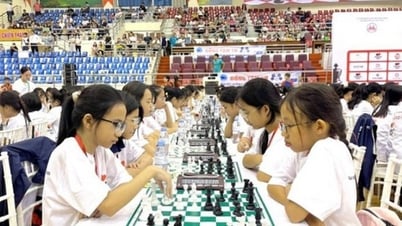

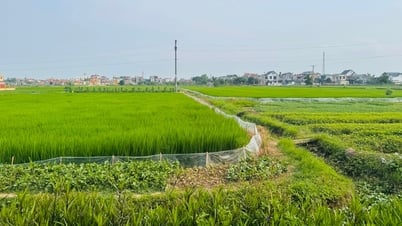

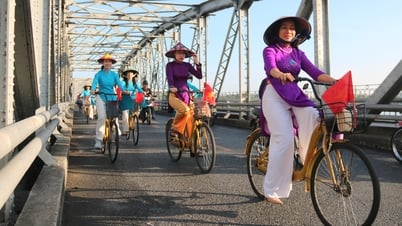





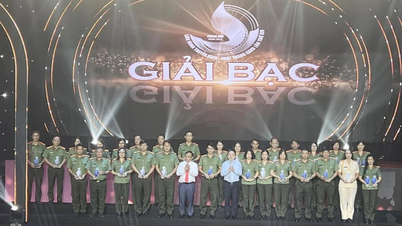

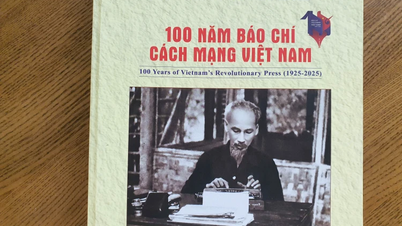













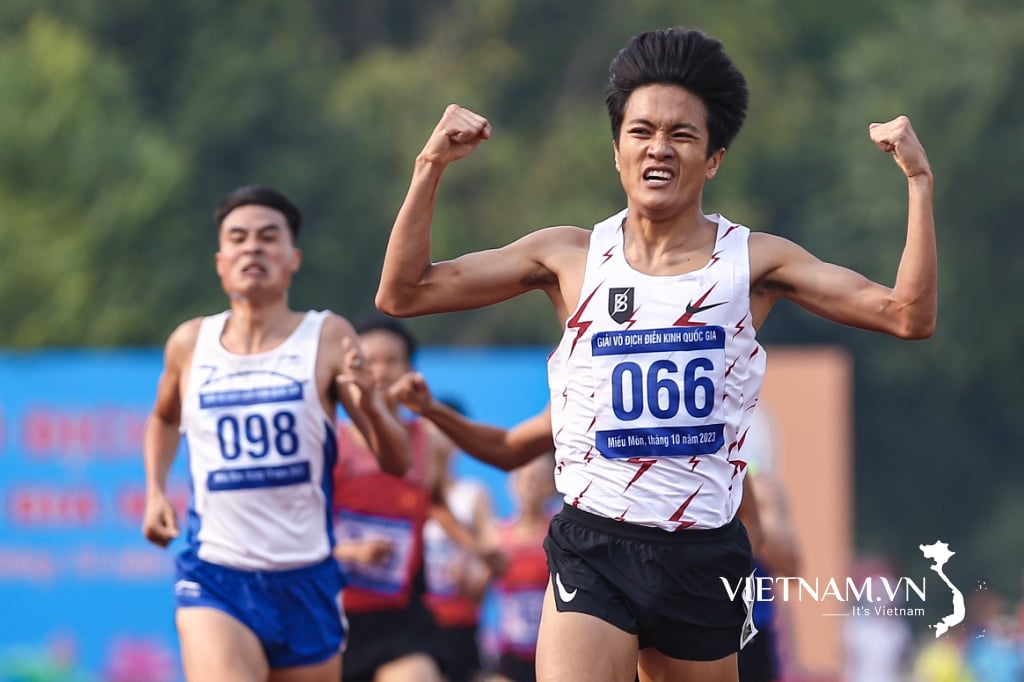


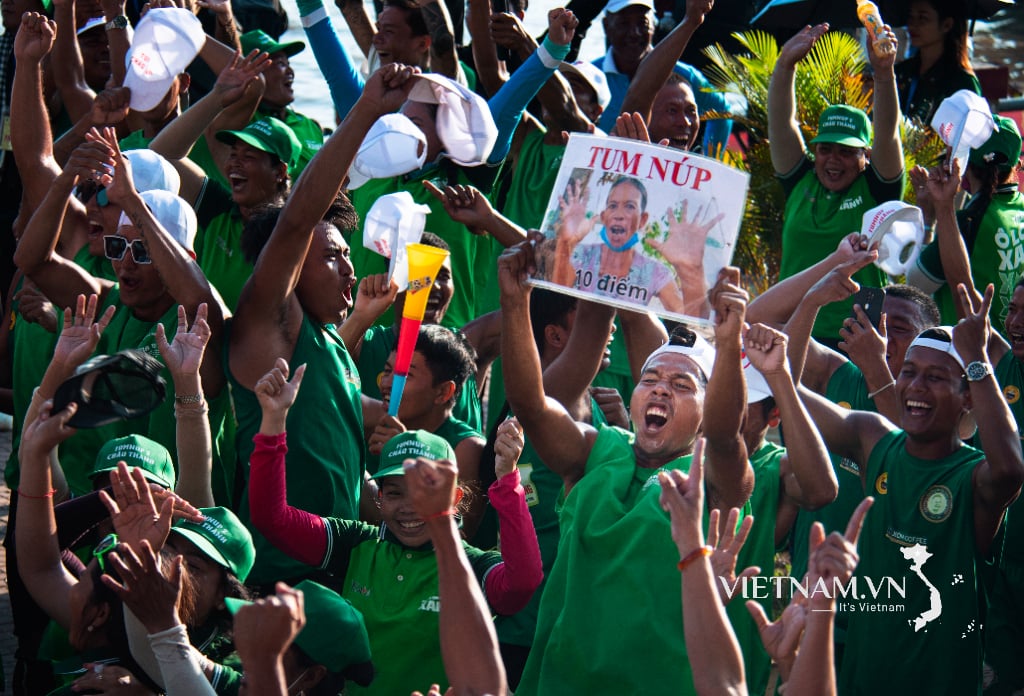
Comment (0)